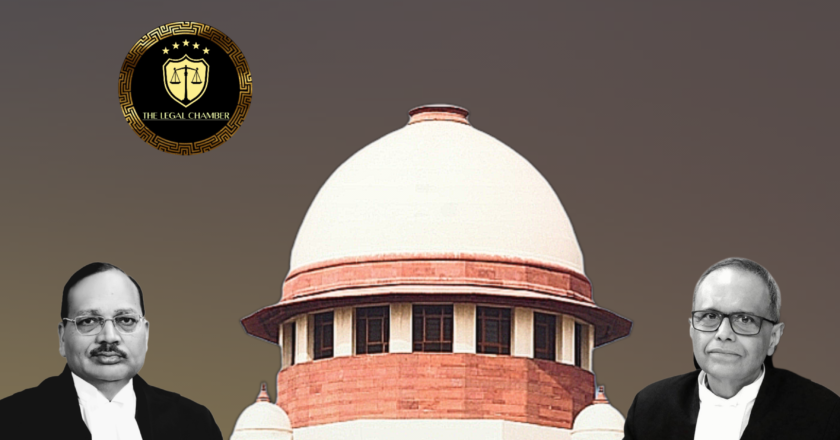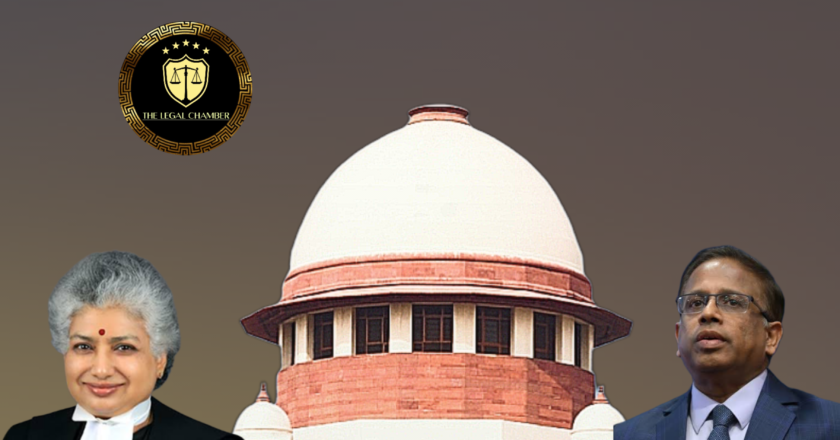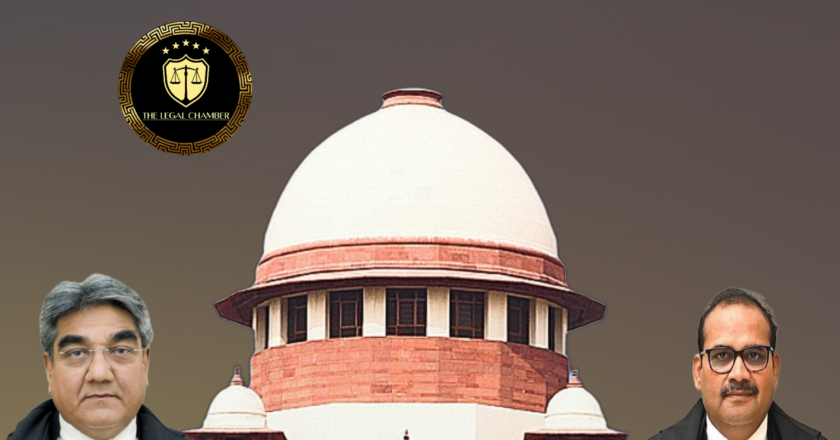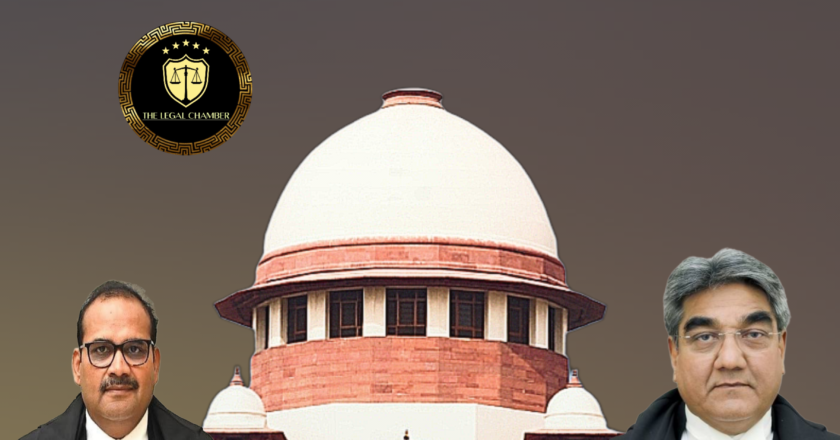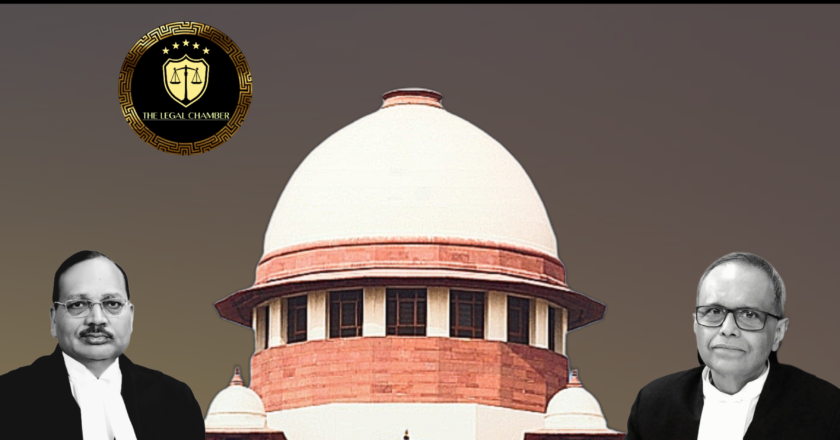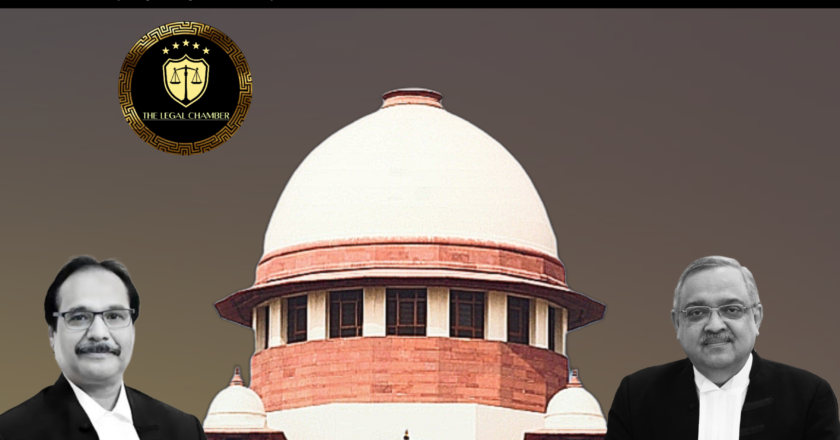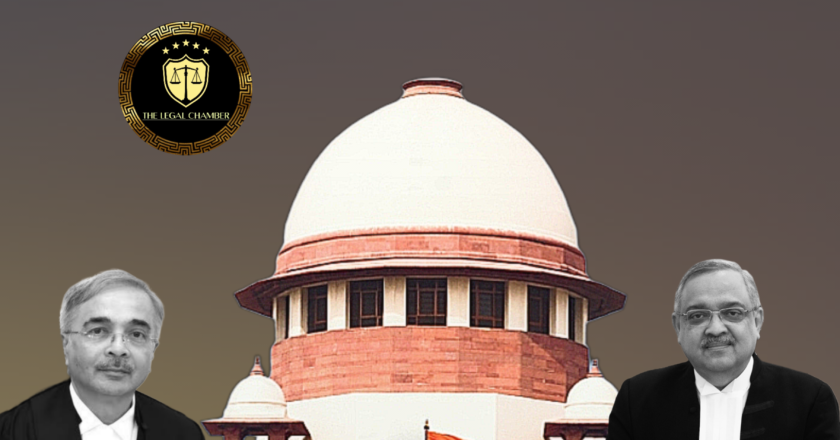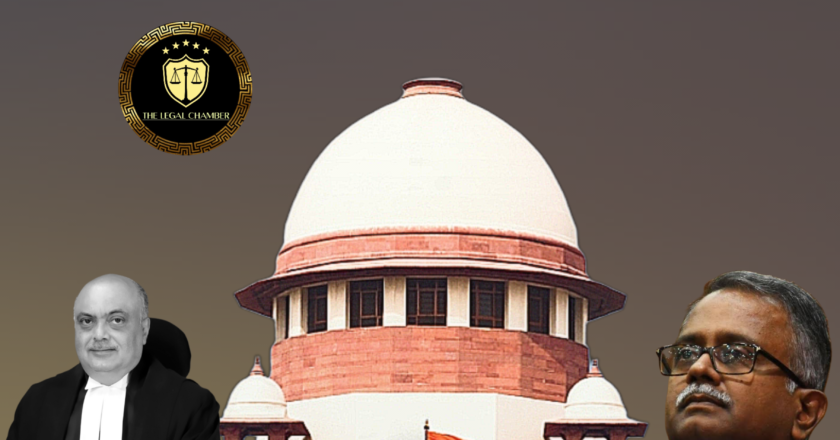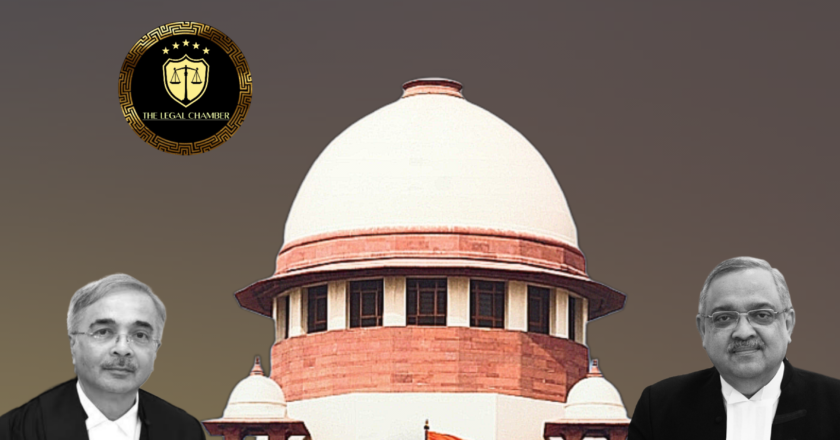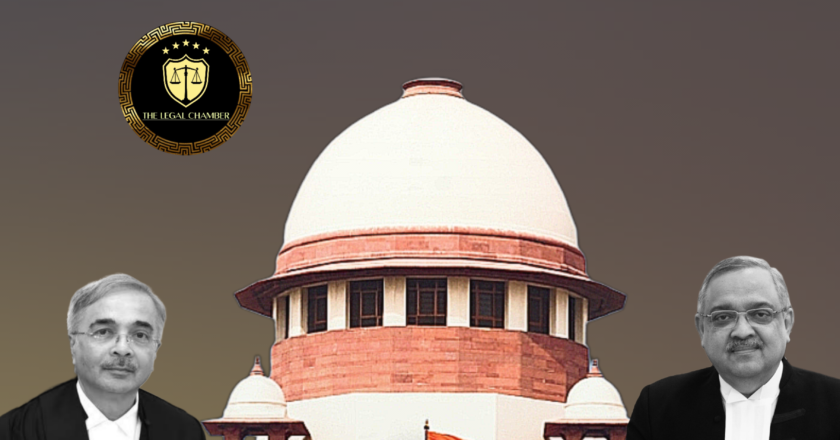Supreme Court Rules: Reserved Candidates Who Use Age Relaxation Can’t Switch to General Category
The Supreme Court held that reserved category candidates who avail age relaxation are barred from migrating to unreserved vacancies if the governing recruitment rules expressly prohibit it. The Court distinguished earlier precedents, ruling that such an embargo does not violate equality, as the right to be considered for general category posts depends on the specific rules of the recruitment process in question.
Facts Of The Case:
The case originated from a recruitment drive for Constable (GD) in various Central Armed Police Forces. The employment notification prescribed an age limit of 18-23 years, with a 3-year relaxation for OBC candidates. The respondents, OBC candidates, availed this age relaxation to participate in the selection process. However, they were not selected in the OBC c...
